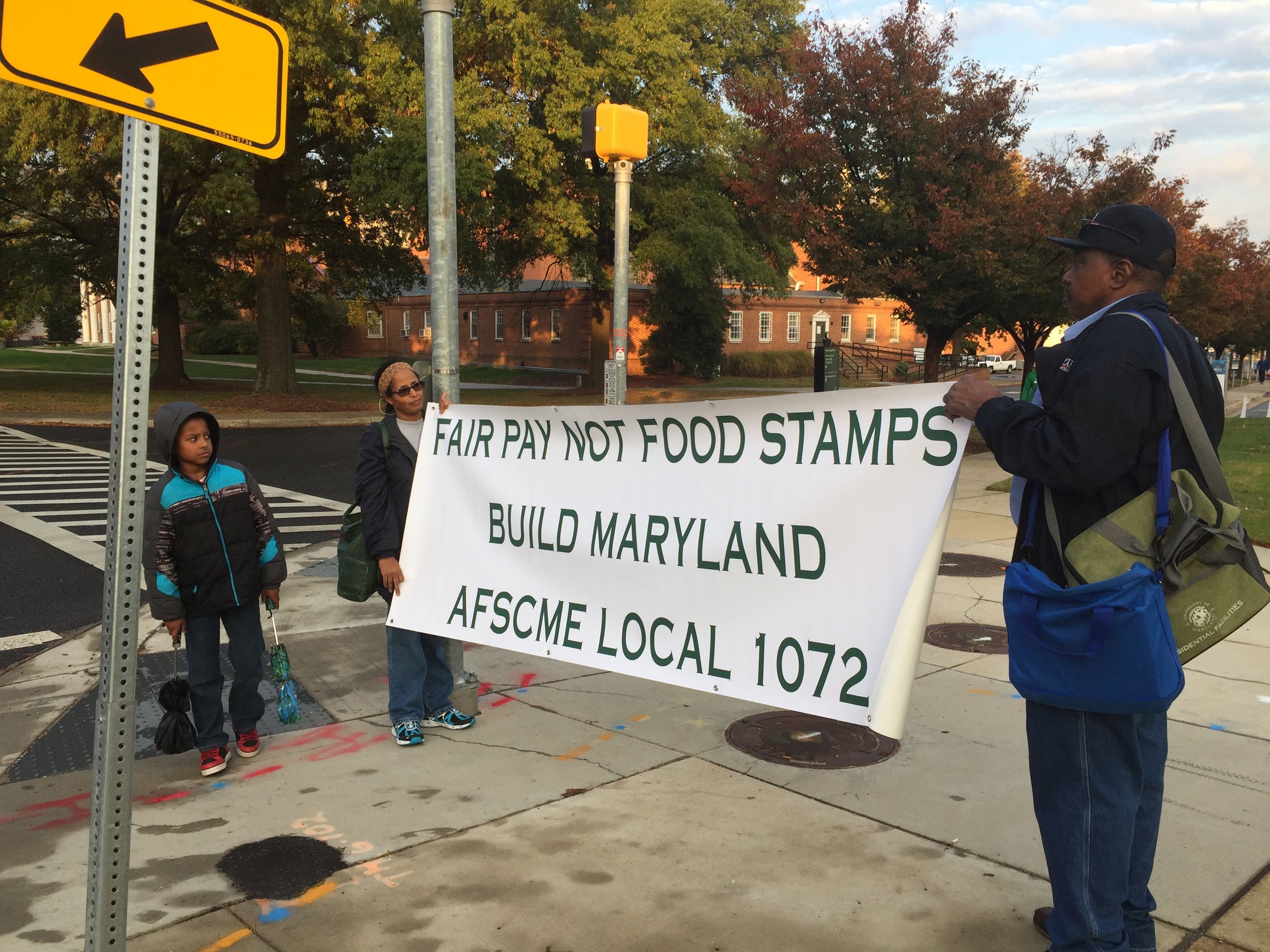Views expressed in opinion columns are the author’s own.
This semester, organized labor has emerged as a prominent issue at the University of Maryland. In January, university workers joined other members of their union to protest in Annapolis for higher wages. Maryland graduate students went to the General Assembly earlier this month to support a bill that would grant them collective bargaining rights as employees. And a bill introduced in the state House of Delegates on Feb. 4 would grant unionization rights to student-athletes at colleges in the University System of Maryland.
Unionization is a crucial element in the fight for labor rights and a more egalitarian society in general. In August, I argued a union could help protect Maryland football players from future abuse and give them a mechanism to push back against exploitation. As for graduate assistants, it’s clear they are at least somewhat employees of the university, and they deserve the opportunity to bargain for higher stipends and better benefits like other public employees.
But a movement for labor rights can’t stop at unionization. While graduate students and student-athletes would benefit greatly by being permitted to unionize, the horrendous treatment of the employees of this university — who are already represented by the American Federation of State, County and Municipal Employees Council 3 — has demonstrated that unions alone won’t put an end to workers’ struggles.
In the fall semester, The Diamondback reported some university housekeepers had been reprimanded for speaking Spanish while at work, and that others have become sick after cleaning mold without proper equipment. Additionally, two black electricians are suing the university because of what they say is a “well-known” culture of racial discrimination in Facilities Management.
While the union that represents these employees is certainly still helpful to them, it didn’t have the power to prevent these incidents. It hasn’t secured appropriate compensation for them — for example, none of the workers mentioned in The Diamondback’s article about Spanish-speaking housekeepers had salaries exceeding $30,000 last year.
Beyond Maryland, collective bargaining helps give workers a voice and somewhat levels the playing field with management, but the mere presence of organized labor in no way means that the system is fair. Business is by and large organized in a deeply authoritarian and hierarchical way: Low-level employees have little autonomy and do largely undesirable work for meager pay, while their managers control the direction of their work and make more money.
This is not to say that fighting to form new labor unions isn’t worth it — it is. But remember that labor faces an uphill battle whether it’s organized or not, and the mistreatment and exploitation of workers doesn’t go away simply because workers have secured bargaining rights.
Zachary Jablow, opinion editor, is a sophomore economics and government and politics major. He can be reached at zachjablow@gmail.com.



